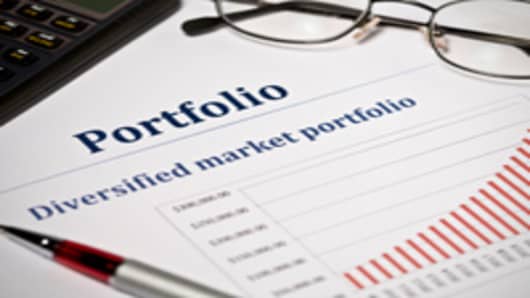I have been involved in numerous activist shareholder campaigns – as a public company CEO who defended against and then aligned with activist shareholders, as an investor and as a director who currently serves on four public company boards.
Active investors play a critical role in the capital markets by helping to advance the interests of the shareholders, boards and managements of the companies they represent. The most effective activist investors bring together the differing skill sets of value investors, corporate executives and public company directors. This helps to align other shareholders, directors and management in a new direction that will build and unlock value for all shareholders.
From an investor’s perspective, activist investing has some of the attributes of value investing and private equity, but with significant advantages over both. Activist investors typically invest in value stocks that trade at a discount to their intrinsic value, but unlike most value investors who hope a catalyst will unlock the value or patiently wait for the market to recognize the value in the stock, the activist investor takes action to address why the market undervalues the intrinsic assets of the company, thereby creating the catalysts that can build and unlock value for all shareholders.
Activist investors in public markets also share characteristics of private equity investors as they may seek to implement similar strategic or operational changes to build value, but unlike private equity investors, activist investors do not have to pay a control premium (in fact, they typically buy at a discount), they invest in reasonably liquid securities and they can have much shorter holding periods. Consequently, public shareholder activism can be seen at the crossroads of value investing and private equity, but if done right, it can be much more attractive than either.
The need for active public shareholders arises from a fundamental issue in the capital markets - the separation between the ownership and management. Privately held companies typically do not have this inefficiency since the owners are frequently either the managers or are actively involved in selecting and overseeing the managers as in the case of private equity.
The separation of ownership and management in public companies gives rise to the potential for a misalignment of interests. Shareholder interests are usually straightforward – it is about maximizing the value of their shares. Shareholders may have different time horizons, risk profiles, tax considerations, etc. – but the bottom line is that they all want to see the value of their investment maximized. The leadership of public companies, on the other hand, may have varying motivations – which may be aligned well with those of shareholders, but may also include factors like long-term job security, defending past decisions, defending the status quo, maximizing personal compensation or ego.
Active shareholders can be particularly effective in underperforming public companies that trade at a deep discount, and in which the investor has identified a set of actions that the company can take, but has been heretofore unable or unwilling to take, which will build and unlock value. Effective active investors will often not only help the company avail itself of value building opportunities but will give the marketplace confidence in a new direction that should benefit all shareholders.
It is interesting to note that, in spite of the great advantages of activist investing over other asset classes and the clear need for active shareholders in efficient capital markets as articulated above, very few investors in public markets are active. The great majority of investors in public equities are passive - the decisions they make are generally limited to which stocks to buy, how much to buy, how long to hold and when to sell and do nothing to influence the direction or value of the companies they own. This gives rise to an important need and opportunity for effective active investors to better align interests of shareholders and companies.
I believe the capital markets will increasingly benefit from active shareholders that constructively work with companies to bring complementary insights and skills to build and unlock value for the benefit of all shareholders.
Tune In:
Watch CNBC’s “Power Lunch” from 1-2pm ET and “Closing Bell” from 3-5pm today for more on the debate over activist investors
Kenneth Traub has over 20 years of experience as a senior executive, director and investor in public and private companies since earning an MBA from Harvard Business School in 1988. Mr. Traub is particularly effective in driving strategic, operational and financial changes in underperforming companies in order to build and unlock shareholder value. Kenneth Traub is currently the President and Chief Executive Officer of Ethos Management, an investment management and advisory firm.
CNBC and YPO (Young Presidents’ Organization) have formed an exclusive editorial partnership, consisting of regional “Chief Executive Networks” in the Americas, EMEA and Asia-Pacific. These “Chief Executives Networks” are made up of a sample of YPO’s unrivaled global network of 19,000 top executives from 110 countries who are on the frontlines of the economy. The opinions of “Chief Executive Network” members are solely their own and do not reflect the opinions of YPO as a whole or CNBC.


